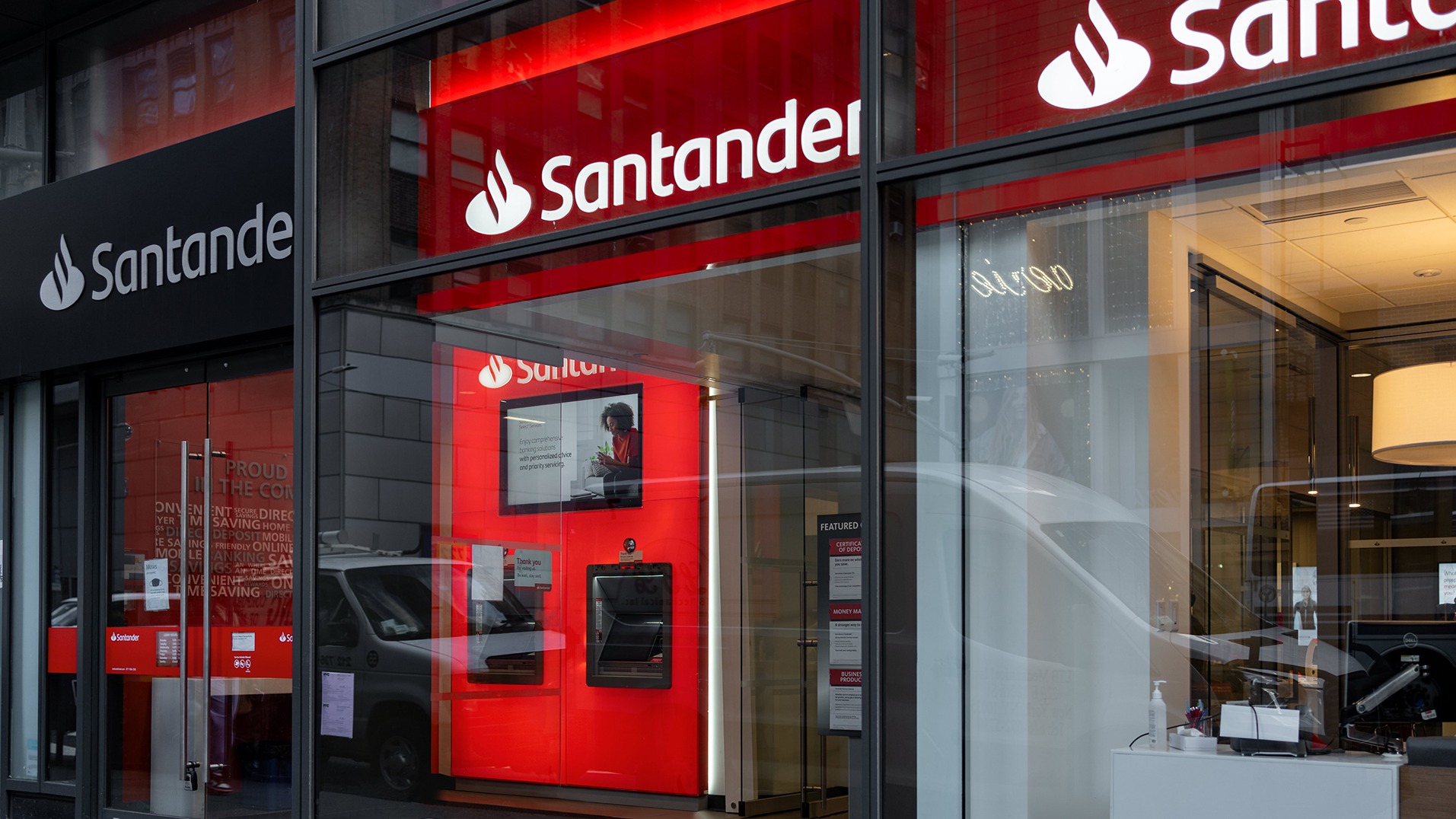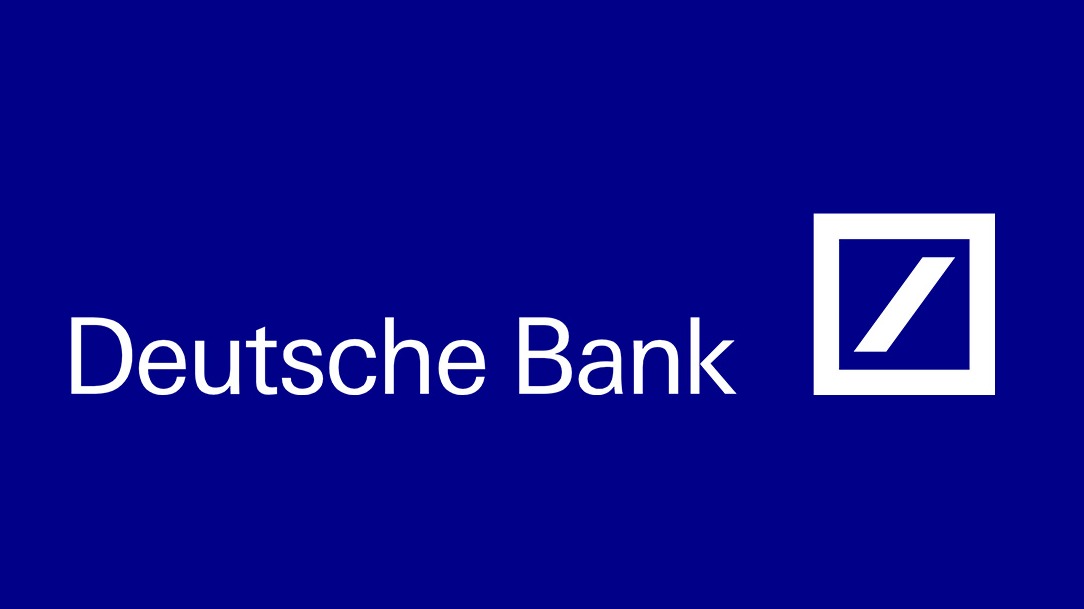Deutsche Bank’s retail banking subsidiary Postbank has rolled out a new digital service the enables clients to deposit or withdraw up to €1,000 in over 12,500 retail locations around the country.
Using the Postbank app, account holders will be able to generate a barcode that can be shown to withdraw or deposit their money within two hours at available retailers, with the app also showing nearby locations.
Launching in November and offered in cooperation with Grenke Bank AG and Paysafe, the service will be available at many German retailers including Rewe, Penny, DM Drogeriemark, and Rossmann.
The barcode will be scanned during checkout and won’t need the use of Girocard, an interbank network and debit card service connecting virtually all automated teller machines and banks in Germany, unlike previous cashback offers. The service also aims to improve discretion as it enables customers to keep the amount of their transactions secret as they only have to show the barcode.
As part of the move, the bank is continuing to look for ways to digitise simple banking services and products as more customers switch to mobile and online banking, a trend that has led many banks to close their branches in recent years.
In the UK, HSBC, Lloyds, Barclays and NatWest have announced major branch closures over the past year, with HSBC alone closing 114 branches in 2023. Barclays also recently announced plans to shut 99 branches over the next two years.
These changes are partly due to the need to cut costs, as fewer physical branches are being used by customers who have instead increasingly moved towards digital banking services.
Thanks to this new feature, Postbank said its customers will benefit from a wider network for free cash withdrawals, including outside major metropolitan areas, with the possibility of larger transactions than with previous cashback methods.
"With the cash code, we are expanding our deposit and withdrawal service from bank counters and ATMs to a nationwide network of over 12,000 supermarkets and pharmacy locations,” said Dominik Hennen, head of personal banking Germany at Deutsche Bank.
Hennen emphasised that the option for significantly increasing cashback amounts is “particularly important” for its business customers.
“This makes the cash code another building block of our strategy to digitise simple banking services and products," he added.
Thorsten Peppler, COO personal banking Germany, added that Postbank aims to also make the service available in the Deutsche Bank mobile app by the second half of 2025.
“This makes Postbank and Deutsche Bank the first banks with a large branch network to offer this additional digital cash service option in Germany," he added.
Latest News
-
Gemini to cut quarter of workforce and exit UK, EU and Australia as crypto slump forces retrenchment
-
Bank ABC’s mobile-only ila bank migrates to core banking platform
-
Visa launches platform to accelerate small business growth in US
-
NatWest to expand Accelerator programme to 50,000 members in 2026
-
BBVA joins European stablecoin coalition
-
eToro partners with Amundi to launch equity portfolio with exposure to ‘megatrends’
Creating value together: Strategic partnerships in the age of GCCs
As Global Capability Centres reshape the financial services landscape, one question stands out: how do leading banks balance in-house innovation with strategic partnerships to drive real transformation?
Data trust in the AI era: Building customer confidence through responsible banking
In the second episode of FStech’s three-part video podcast series sponsored by HCLTech, Sudip Lahiri, Executive Vice President & Head of Financial Services for Europe & UKI at HCLTech examines the critical relationship between data trust, transparency, and responsible AI implementation in financial services.
Banking's GenAI evolution: Beyond the hype, building the future
In the first episode of a three-part video podcast series sponsored by HCLTech, Sudip Lahiri, Executive Vice President & Head of Financial Services for Europe & UKI at HCLTech explores how financial institutions can navigate the transformative potential of Generative AI while building lasting foundations for innovation.
Beyond compliance: Building unshakeable operational resilience in financial services
In today's rapidly evolving financial landscape, operational resilience has become a critical focus for institutions worldwide. As regulatory requirements grow more complex and cyber threats, particularly ransomware, become increasingly sophisticated, financial services providers must adapt and strengthen their defences. The intersection of compliance, technology, and security presents both challenges and opportunities.
© 2019 Perspective Publishing Privacy & Cookies














Recent Stories